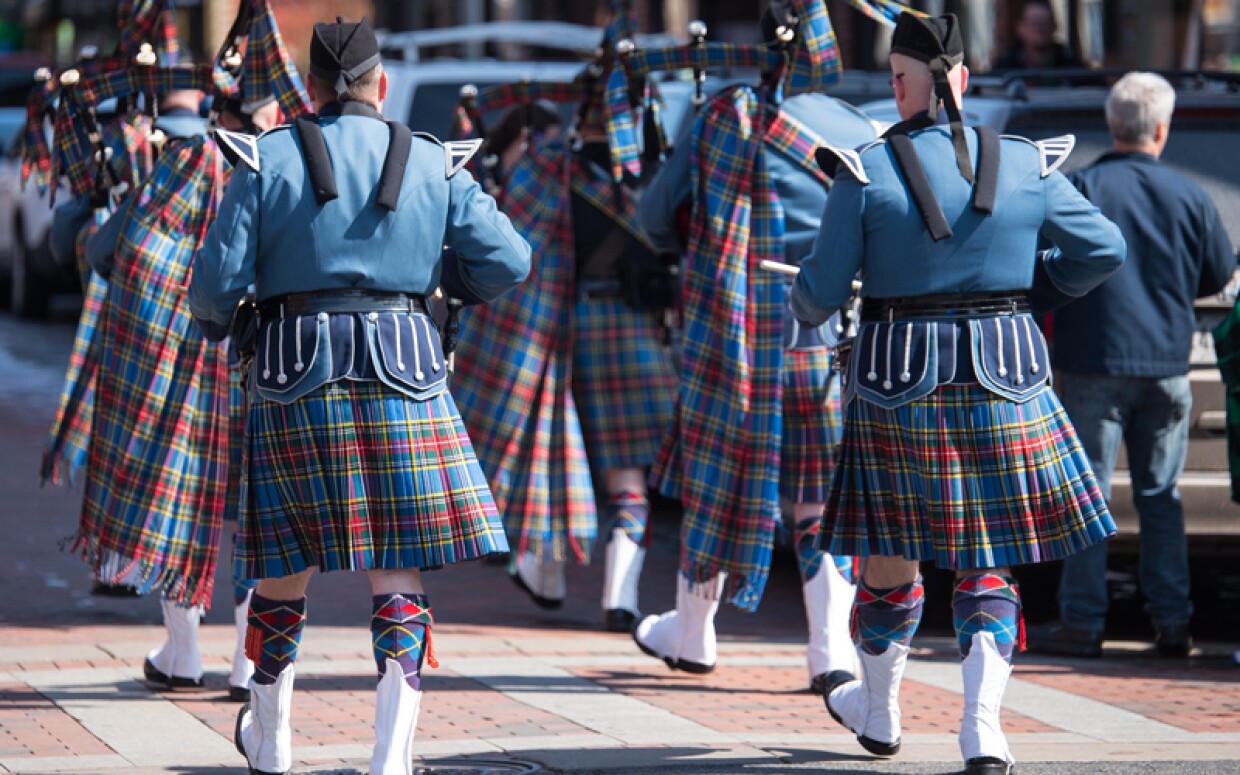Hello everyone! Here we are again to show you more facts about British Holidays! Since Halloween is approaching, today we will focus on how English people celebrate this day, its origin, the costumes they wear... Are you ready? Let's get started!

Photo: Istock
As we know, this celebration takes place in many different parts of the world. But do people truly understand its origin? It is said that its roots are fundamentally Celtic. In some countries such as Ireland or Spain, people celebrated a festivity called Samhain, where the end of the harvest season and the beginning of the winter was celebrated. It took place between October and November. The Celts believed that during these dates, the boundaries between the world of the living and the world of the dead disappeared, and the spirits of the deceased would come from the other world to interact with the living. This is the reason why people started wearing costumes in order to go unnoticed among the dead ones. When Christianism arrived, this tradition did not disappear, but the date changed to the present days: November 1st is the international Day of the Dead. The word “Halloween” is a contraction of the English expression “All Hallow's Eve”.

Over the years, this tradition has evolved, changing its Christian significant and mixing with local cultures. Nowadays, Halloween is a very widely spread festivity. It is really popular among children, who get dressed in scary costumes and knock on people's door saying “Trick or Treat” in order to get some sweets. It is said that the origin of knocking on the door saying “Trick or Treat” comes from the tradition of knocking on doors and asking for “Soul Cakes” hundreds of years ago. These were round cookies with a cross on the top. This is because on this day, food plays an essential role, much like in Spain, where people consume food to remember potions and spells that were once made. Among these is the "Witch's Elixir", which is made with blueberry juice, carrots, grapes, and oranges, or cookie and sponge cake shaped like skeletons.
In England, pumpkins have an important role on this day. Popularly, according to the story, pumpkins are known as “Jack-O-Lantern”. These cookies received their name because people used to tell the story of a farmer who lied to the devil to avoid going to hell. Finally, he was not allowed to enter heaven and it is said that his soul is in the air (it was a traditional indie story). People now decorate these pumpkins with a scary style and put them in the door waiting for the children who are searching for their sweets.
/cloudfront-us-east-1.images.arcpublishing.com/gray/SZHNEEK4WZGOBCY7LEJJKMZ4IU.jpg)
Photo: Pexels
In Spain this day is not as celebrated as in the UK but it is true that over the years this festivity is becoming more and more popular. For example, in countries like the UK or the United States the vast majority of the kids go trick-or-treating around the neighborhood in search of sweets. This is not as common in Spain, but here we have many Halloween attractions like "haunted houses" and Halloween-themed parties.
As we said people take advantage of this day to dress up. Traditionally the costumes have been of monstrous beings such as vampires, skeletons, mummies... But over the years, popular culture characters such as characters from current horror movies have gained great popularity. This is why today we can find a wide variety of costumes on the streets today.

Photo: Pinterest
We love this festivity and we hope it gains more recognition and popularity the following years in Spain because it is really funny for everyone. In addition, this festival can turn your city into an important tourist spot during these dates.
We hope you enjoyed today's entry. We are waiting for you with more interesting content in our next post!
Bibliography
- Wikipedia contributors. (2023, 2 noviembre). Halloween. Wikipedia. https://en.wikipedia.org/wiki/Halloween
- Halloween: Origins, meaning & Traditions. (2009, 18 noviembre). HISTORY. https://www.history.com/topics/halloween/history-of-halloween
- Wikipedia contributors. (2023, octubre 31). Jack-o’-Lantern. Wikipedia. https://en.wikipedia.org/wiki/Jack-o%27-lantern
- Wikipedia contributors. (2023, noviembre 3). Soul cake. Wikipedia. https://en.wikipedia.org/wiki/Soul_cake
- GM, A. (2023, 31 octubre). Samhain, la fiesta celta que está en el origen de Halloween. historia.nationalgeographic.com.es. https://historia.nationalgeographic.com.es/a/samhain-fiesta-celta-que-esta-origen-halloween_18583

No hay comentarios:
Publicar un comentario